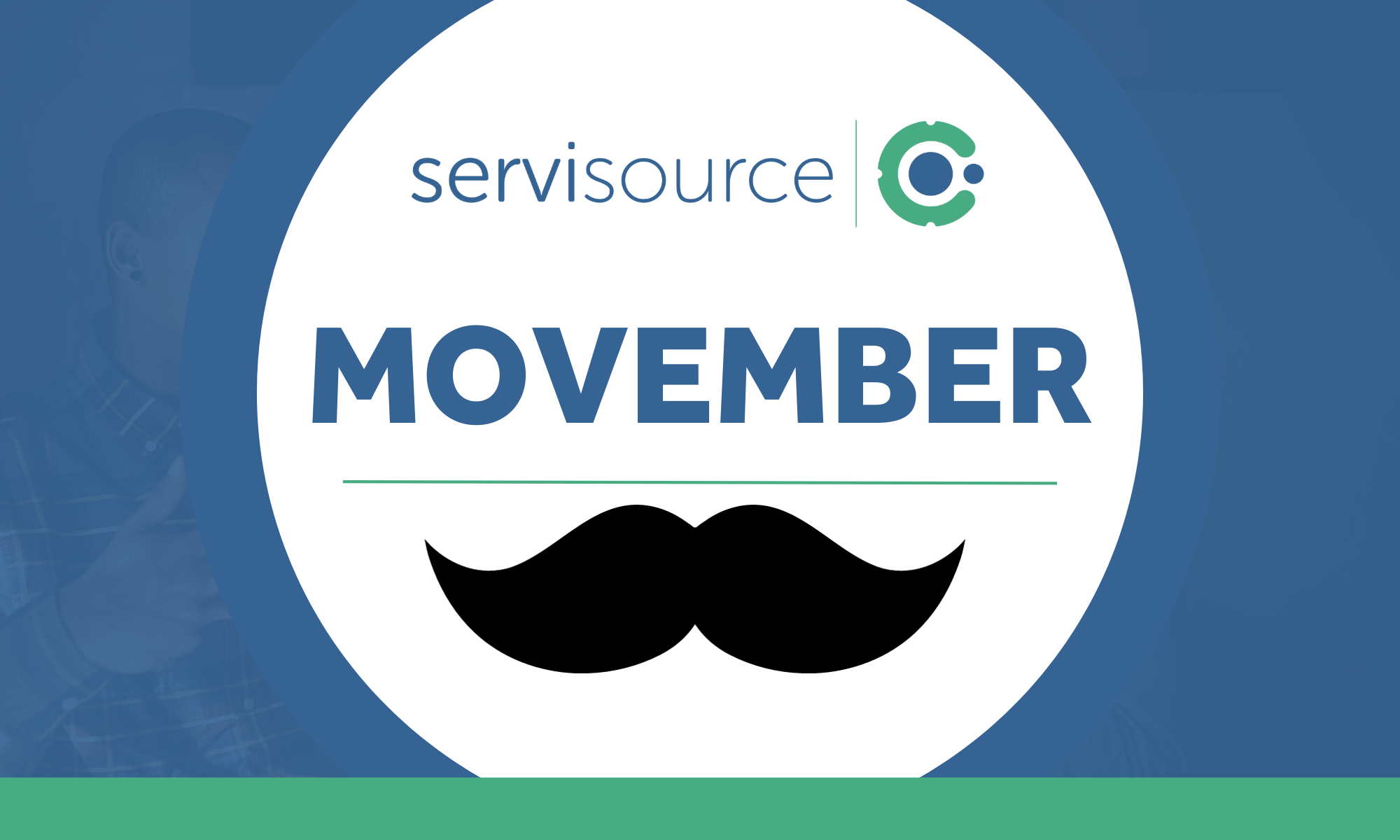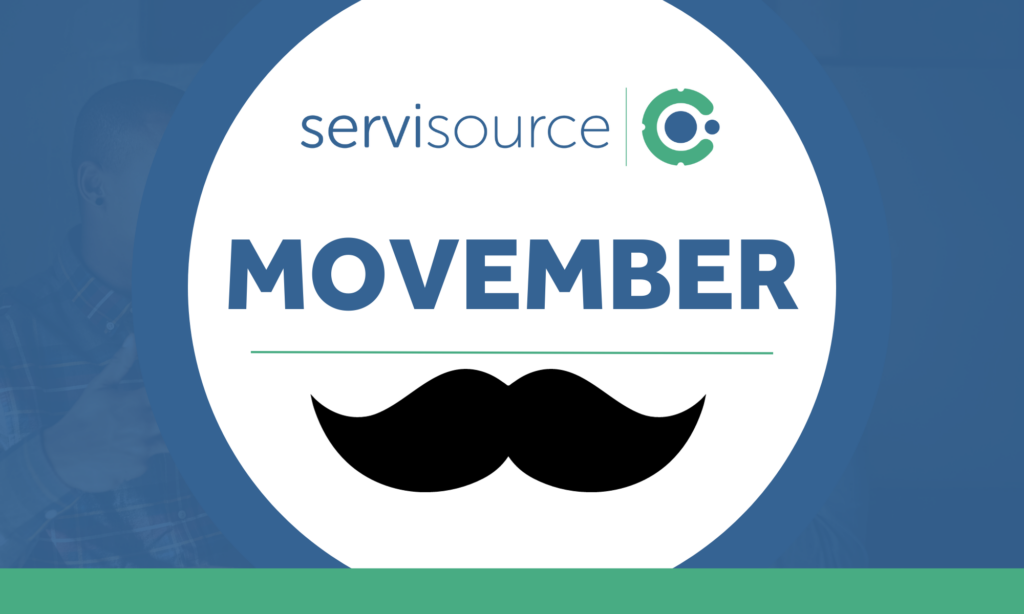Retaining International Staff and the NHS’s Toolkit for NHS Employers
The National Health Service (NHS) is the biggest employer in Europe, with a high concentration of international staff. It recognises the importance of ensuring these employees feel valued and supported. This is why it has created an International Retention Toolkit which outlines actions employers can take to ensure newly recruited staff will want to stay, thrive and build lasting careers in the NHS. At Servisource, we have created our own guide for employers to help them retain staff while supporting the ones they already have, that are in line with the NHS’s approach.
At Servisource
We believe in supporting new colleagues every step of the way. We manage all aspects of the recruitment process including interview scheduling, compliance checks, and even welcome international candidates to Ireland by meeting them at the airport by a Servisource employee together with a welcome pack. This contains a sim card for them to call loved ones back home to let them know they have arrived safely and allows new recruits to focus fully on what matters most, patient care.
Cultural orientation and support
Cultural orientation starts with acknowledging the different cultures present within the workforce and providing training to ensure that all staff understand the different cultures represented within. Organisations can provide comprehensive cultural orientation programs to help international staff acclimate to the new work environment, healthcare system, and the local community. This can be done in the following ways:
Did You Know?
The Nursing and Midwifery Council’s (NMC) data report for 2021–2022 shows that almost half of professionals joining the NMC register were trained outside the UK.

Mentorship and buddy programs
When international employees are paired with experienced mentors or buddies, they can receive guidance, support, and assistance in both professional and personal matters, making new recruits feel more connected and valued within the organisation. Mentors offer guidance and assistance, while buddies provide a more informal connection and can help with cultural differences. These can have many benefits such as:
The NHS has created an International Retention toolkit which aims to support the reduction in turnover of international staff by improving their experience at work. Their guide focuses on these four pillars:
1. Creating strong foundations.
2. Making new recruits feel welcome.
3. Building belonging.
4. Maximising personal and professional growth.
1. Creating strong foundations
The first pillar focuses on creating strong foundations in the months before new recruits arrive in the UK. Employers should consider how new recruits might feel as they prepare to leave behind friends, family, familiar surroundings, their native language, and cultures to start a new life in a different country. Welcome packs containing local information, maintaining contact such as pre-arrival welcomes, finding accommodation before their arrival, and mapping their skillsets in order to place them in their preferred clinical area.
2. Making new recruits feel welcome
This involves ensuring new recruits feel welcome when they arrive by helping them settle into their new communities by pointing them toward local services. Consider what they will need during their first few months in the UK to establish themselves to live, work, and beyond, such as: setting up bank accounts, National Insurance numbers, GP locations, somewhere to live, UK sim cards, access to shopping, schools, public transport and other amenities.
3. Building belonging
This relies on cultural sensitivity and the feeling of working and living in a different country. Enabling your staff to build social networks, to share stories and solutions to these challenges can help to reduce feelings of isolation. It helps to create a supportive environment where they can bring their passions, culture, and personality to their role.
4. Maximising personal and professional growth
This is about maximising personal and professional growth to ensure that all internationally recruited staff can fully realise their potential. They should have access to the same personal and professional development opportunities as the UK workforce and they should be tailored to each individual’s preferences and career aspirations.
For further reading, podcasts, and case studies on these four pillars, visit the NHS website.

By implementing these strategies, a more supportive and inclusive work environment is created that promotes the retention of international staff, reduces turnover, and enhances the overall success of the organisation. Each employee’s experience is unique, so a personalised and empathetic approach is essential to address their specific needs and concerns. A positive and inclusive working environment that promotes staff retention is then created, so that patients continue to receive the high-quality care they expect from the NHS and other healthcare organisations.





















